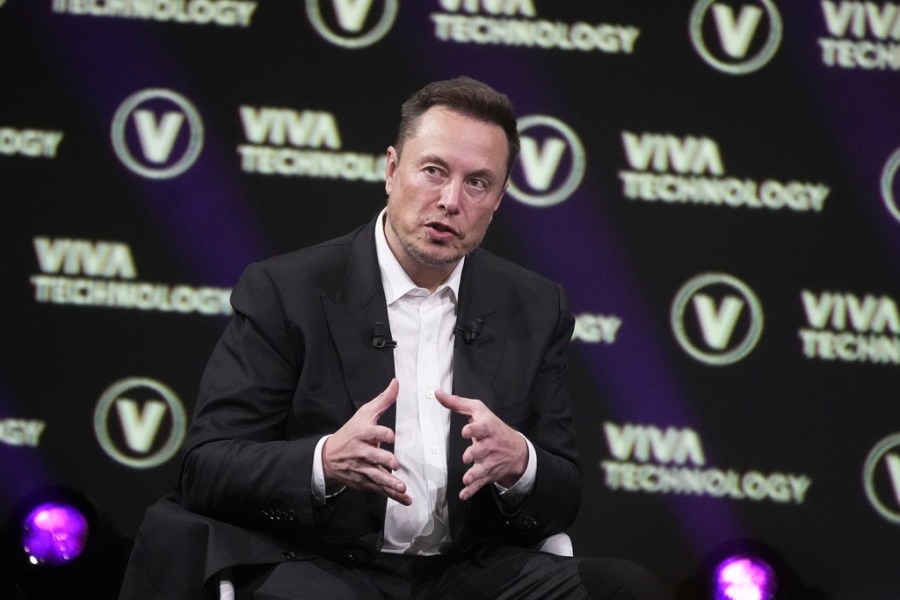
Elon Musk has officially announced the formation of the America Party, a development that has reignited discussions concerning the public’s dissatisfaction with the existing political framework in the United States. Although the party is unlikely to achieve immediate success in Congress, the announcement has sparked a broader conversation about the demand for political transformation.
The launch of the America Party comes at a time when many citizens express frustration with traditional political parties. Musk’s move reflects a sentiment among a significant segment of the population who feel their needs are not being adequately addressed. The billionaire entrepreneur’s vision for the party appears to focus on a platform that emphasizes innovation and disruption, paralleling his approach in the business world.
Public reaction to Musk’s announcement has been mixed. Supporters view this as a necessary step towards breaking the status quo, while critics question the viability of a new party led by a figure known more for his technological ventures than for political experience. The America Party could serve as a rallying point for those disenchanted with mainstream politics, although the practical implications of its influence remain to be seen.
Musk’s personal brand is often intertwined with bold statements and ambitious projects, which may attract attention to the party. However, the challenge lies in converting this attention into a cohesive political movement. Political analysts suggest that while the party may capture the interest of certain voter demographics, its long-term sustainability will depend on its ability to address substantive issues that resonate with a broader audience.
The timing of this announcement is notable; it follows a series of high-profile political events and social movements that have highlighted divisions within the electorate. Many young voters, in particular, feel alienated by the current political landscape, and Musk’s entry into the political arena could entice this demographic. The America Party has the potential to become a platform for discussions on various pressing issues, including climate change, technology regulation, and economic inequality.
Despite the enthusiasm from some quarters, skepticism persists. Establishing a new party in the United States poses significant challenges, including the need for infrastructure, fundraising, and voter outreach. Historical precedents show that while new political movements can emerge rapidly, they often struggle to gain traction against entrenched parties.
As the political landscape continues to evolve, Musk’s America Party is likely to influence the ongoing discourse surrounding political reform. The party’s future will depend on its ability to articulate a clear vision and mobilize supporters effectively. Observers will be keen to see how this initiative unfolds in the months leading up to the next election cycle.
In conclusion, Elon Musk’s announcement of the America Party highlights a growing discontent with the current political system and the desire for change. While the party’s immediate impact may be limited, the broader implications for political engagement and voter sentiment in the United States are significant. The coming months will reveal whether Musk can translate his entrepreneurial success into a meaningful political movement.







